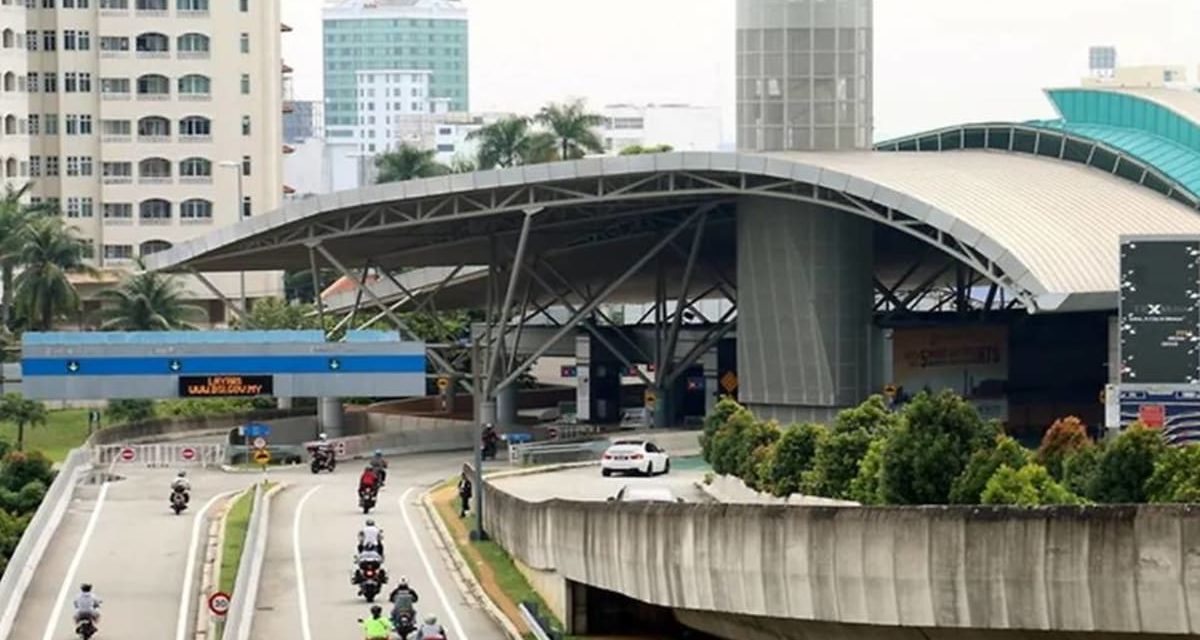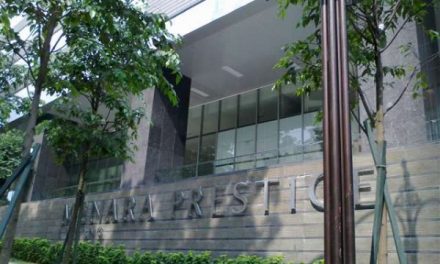Singapore-Malaysia land VTL to open on Nov 29, up to 2,880 travellers each day
From Nov 29, up to 1,440 Singapore citizens, permanent residents and long-term pass holders in Malaysia will be able to cross the Causeway into Singapore each day using designated bus services, without the need for quarantine. Similarly, up to 1,440 Malaysian citizens, permanent residents and long-term pass holders in Singapore will also be able to go back home, as part of the initial phase of a much-anticipated land vaccinated travel lane (VTL) between the two countries. Tickets for the designated land VTL buses go on sale at 8am on Thursday (Nov 25). The ride from Singapore will cost S$15 for adults and $8 for children, while buses from Malaysia will cost RM20 for adults and RM10 for children. For now, those travelling via the land VTL have to be citizens, permanent residents or long-term pass holders of the country that they are entering. Depending on the public health situation in both countries, the land VTL will be progressively expanded to include general travellers. All land VTL travellers must use the designated bus services. (The Star)
All new EPF contributions to be credited into Account 1
All new Employees Provident Fund (EPF) contributions of members who had made withdrawals to weather the economic effects due to Covid-19 will be credited into Account 1. Deputy Finance Minister Mohd Sahar Abdullah said this would continue until the total amount withdrawn had been replenished. “Only after that will 70% of the contributions be credited into Account 1 and 30% into Account 2. This is the government’s initiative to increase the savings of members who had made withdrawals through the i-Sinar and i-Citra schemes to ease their burden following the impact of the Covid-19 pandemic,” he said. He said a total of RM101 billion had been withdrawn under the i-Lestari, i-Sinar and i-Citra initiatives. He added that the government would continue to study other methods to ensure the people’s retirement social safety net could return to the proper levels. (The Star)
Finance minister: Malaysia’s employment, social security systems need holistic reform
It is critical that Malaysia’s employment and social security systems undergo a holistic reform to ensure adequate social security and decent work, particularly for the country’s youths, Finance Minister Datuk Seri Tengku Zafrul Abdul Aziz said. The minister said Covid-19 has aptly demonstrated the global risks and shocks that could totally jeopardise one’s long-term retirement plans. “The challenges to improving social security, including adequacy of old-age pension, and managing an ageing population have also intensified,” he said. Tengku Zafrul said it is crucial for the government to strike a balance between granting early access to retirement savings as a means of short-term and the potential longer-term negative effect on the adequacy of old-age pension. For next year, in addition to creating jobs, he said it is equally important that issues on unemployment and financial education are carefully looked into. Measures will also be taken to incentivise the adoption of digitisation and technology to encourage entrepreneurship and also to equip workers with the right technical skills. (Malay Mail)
Tax deduction of 7% for individuals who contribute to Malaysian Greening Programme
Members of the public who contribute to Yayasan Hijau Malaysia for the Malaysian Greening Programme: The 100 Million Tree Planting Campaign will be given tax deduction, said Energy and Natural Resources Minister Datuk Seri Takiyuddin Hassan. He said the tax deduction is made under Section 44 (11C) of the Income Tax Act 1967 with a deduction of 7% for individuals and 10% of total annual aggregate income for companies. To date, a total of 23,746,874 trees had been planted nationwide through the programme. Apart from the application, a special website can also be accessed through the link at www.100jutapokok.gov.my by all government agencies, the private sector and the public to record tree planting data either by agencies or individuals. The Malaysian Greening Programme: The 100 Million Tree Planting Campaign was launched on Jan 5 this year. (The Edge)
Price ceiling mechanism needed to curb rising prices of food items
A strict price ceiling mechanism is necessary to contain the sharp rise in vegetable and poultry prices, according to several experts. Over the past two weeks, some vegetables had seen more than 100% increase in prices, as reported by the Consumers’ Association of Penang (CAP). If the price surge is left unaddressed, it would have a negative spillover effect on other items, as food manufacturers and restaurants pass on the additional costs to consumers. CAP president Mohideen Abdul Kadeer called for a price control of certain essential products to be implemented throughout the year, and not limited to during the festive seasons. Socio-Economic Research Centre executive director Lee Heng Guie agreed, saying that Malaysia needs several interim, short and medium-term measures to help mitigate the cost pressures and inflation induced by the scarring effects of the Covid-19 pandemic. Among the effects are supply constraints, rising energy and food prices, inflated shipping, logistics, delivery and raw material costs, as well as the weak ringgit. Despite complaints of rising prices, Bank Negara recently said inflation remained tame. (The Star)
Johor plans to build smart WTE plant to address solid waste issue
Johor plans to build a SMART (solid waste modular advanced recovery and treatment) WTE plant, which converts solid waste to energy in an effort to address the issue of solid waste in the state in the future. State Housing and Local Government Committee chairman Ayub Jamil said the state government had basically agreed that the project will be managed by Permodalan Darul Ta’zim (PDT) in collaboration with a private company. He said the SMART WTE project, which will be developed in Seelong, Johor Bahru at the cost of RM600 million will use a public-private partnership model. He said the plant could produce 20 to 25 megawatts of energy per hour, which requires 1,000 tonnes of waste, and has the capacity to produce 480 to 600 megawatts per day. The landfill in Seelong, which covers the areas of Johor Bahru, Iskandar Puteri, Kulai, and Pasir Gudang, for example, can collect about 1,800 tonnes of waste a day. Johor will also launch the “Smart Waste Collection” by making Pengerang the state’s first smart city, which uses technology from Finland, early next month. (The Sun Daily)





